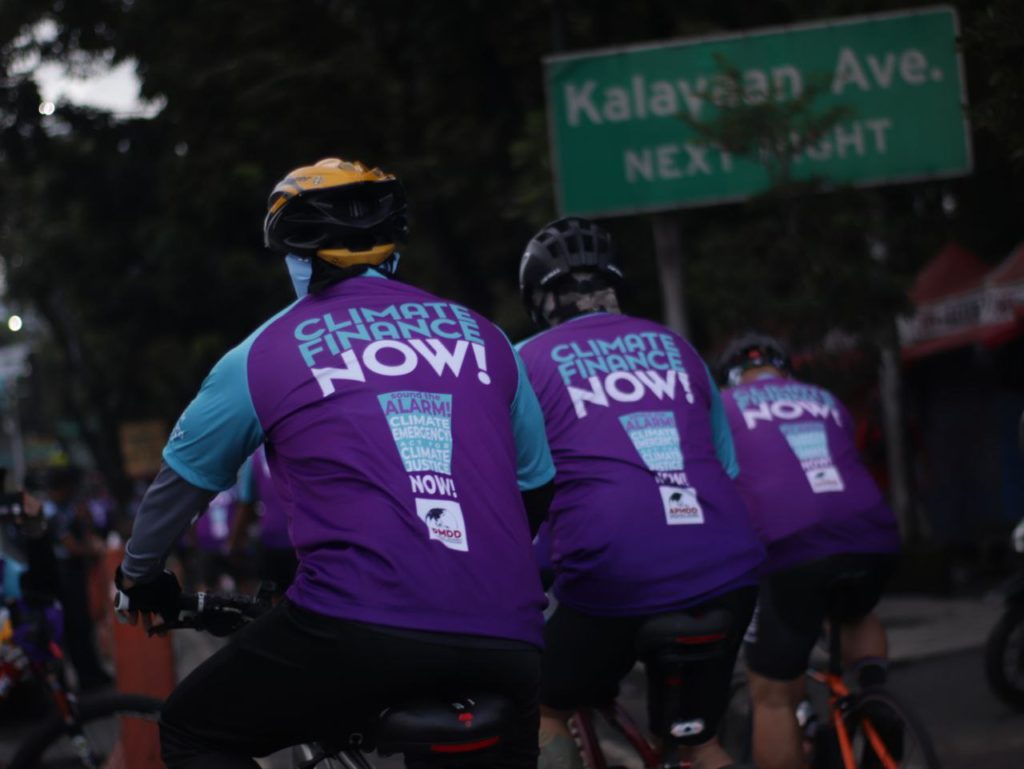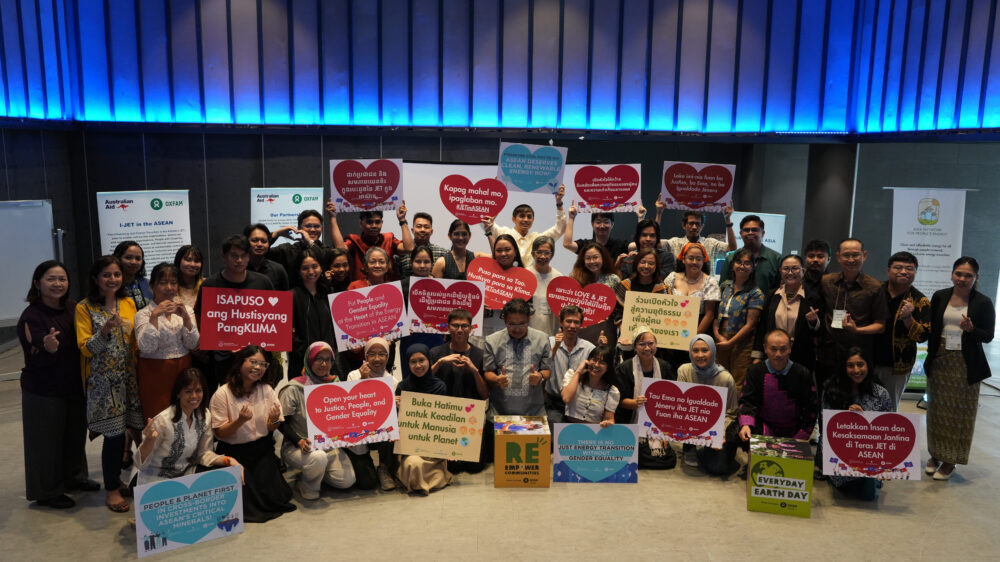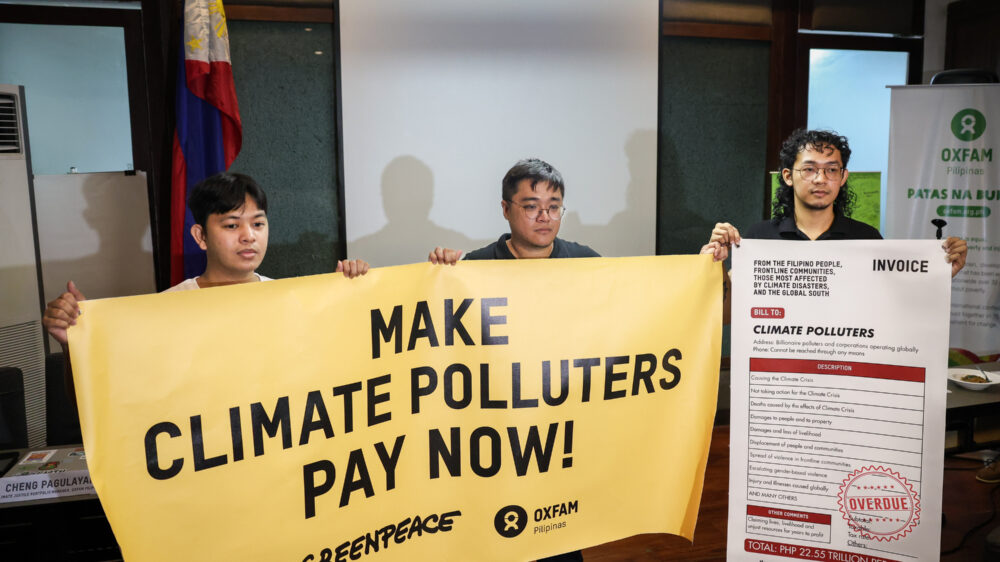
The lack of a universal definition for a Just Energy Transition
The critical path in project management represents the shortest time required to complete a project. Similarly, addressing the climate crisis necessitates identifying the most effective route, which some argue is solely through initiatives targeting carbon emissions. This viewpoint often leads to accepting false solutions like carbon capture, where carbon dioxide is captured from fossil fuels and stored underground despite being only a fraction of its total emissions. Additionally, it involves utilizing carbon offsets, where entities like the government and businesses are given rights to fund others’ environmental projects to balance out their own carbon emissions instead of taking actions to lower it themselves. These mechanisms are also often used as justification for new oil and gas projects.
Unfortunately, this narrow focus on emissions overlooks the essential principle of justice in climate action: to include marginalized groups, such as those in poverty, women, and indigenous peoples, which is crucial for a just transition. Leaving the interpretation of “justice” open and not addressing critical inclusion measures, like gender indicators and representation of marginalized communities, continues to be a prevalent issue today.
On Day 4, in one of the side dialogues organized by Oxfam entitled “Enhancing Equity in Climate Finance,” I joined three other panel members as we emphasized the importance of prioritizing climate justice and accountability over finance mechanisms, and ensuring the involvement of civil society organizations and local communities. Gender mainstreaming and analysis are recommended in climate-related proposals, with gender-responsiveness becoming a criterion for resilience building. Accountability mechanisms, facilitated through multi-stakeholder partnerships, are vital for tracking climate finance and ensuring transparency and inclusivity. Local governments need to prioritize human and environmental rights by ensuring due diligence and transparency in permitting and funding processes. This commitment is vital to uphold the principles of a Just Energy Transition.
The irony of Renewable Energy Infrastructure
Advocates for renewable energy stress the importance of equitable development, particularly
in communities whose land these projects are being built on.
Numerous large-scale renewable energy ventures are underway in Laguna, Philippines, including hydroelectric plants and floating solar arrays. However, locals, particularly farmers and fisherfolk, have faced exclusion from the consultation processes and are at risk of displacement. Groups like MAmamayang NAgmamahal sa PAKil, or MANAPAK, actively resist these projects, highlighting their negative impact on livelihoods, culture, and ecology.
The situation is compounded by the Philippines’ dangerous environment for land defenders, as evidenced by recent arrests. Collaborative efforts with local organizations aim to protect fishing rights and livelihood security. To prevent further harm, proactive measures involve empowering communities to articulate their concerns and demands regarding renewable energy projects. This approach seeks to mitigate development aggression while promoting sustainable energy solutions.
The absence of intergenerational justice
With 1.8 billion young people globally, 90% of which are in the Global South, and over 40% of the Philippine population aged 18-35, the absence of discussions on their inclusion in long-term climate action is notable. Despite the lengthy timelines for cultural shifts and climate finance implementation, youth are often overlooked in policy discourse.
Intergenerational climate justice, as outlined by the United Nations, emphasizes the need to protect future generations’ opportunities for a decent life. Young Filipinos are pushing for this recognition, highlighting youth as inherently vulnerable and should be actively involved in sustainable development efforts. They are calling for a reframing of traditionally marginalized groups as champions rather than victims, stressing the importance of their contributions to addressing climate challenges.
Even though climate finance mechanisms lack specific indicators, young people have shown their dedication through grassroots campaigns and educational initiatives. These initiatives have shown significant potential for reducing carbon emissions. Moreover, older youth contribute valuable expertise and insights to policy and innovation efforts. While there is increasing recognition of youth involvement, it often remains superficial, highlighting the need for a deeper intergenerational dialogue and resource distribution to empower youth as development partners and agents of change.
This year’s World Social Forum reminds us that everyone has a role in ensuring equity, not just in Climate Finance but throughout our current economic system. There is still an opportunity to create a better world, particularly for those who need it most.
Toni Dominique “Tonic” Madulid is the executive director of Reboot Philippines Renewable Energy Transition Institute. For discussions and comments, you may reach her at tonic.madulid@reboot-philippines.org



